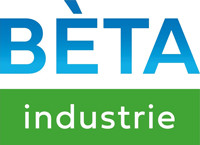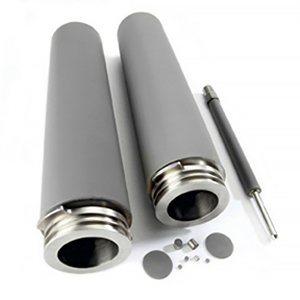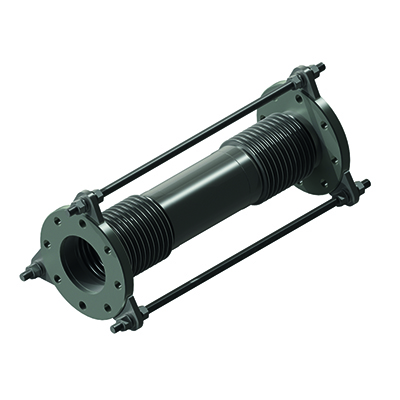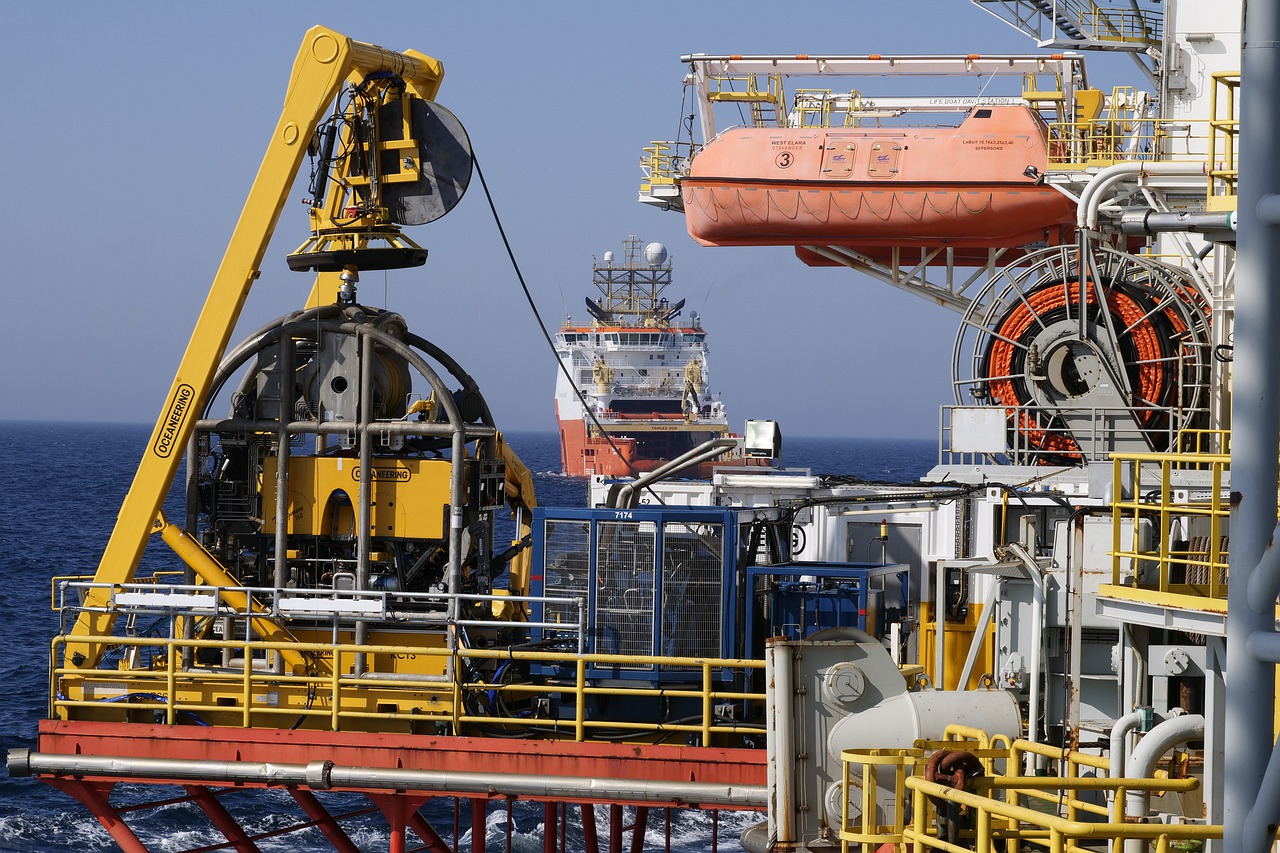
Ammonia
Besides the previously discussed developments surrounding the production of (green) hydrogen, the supply chain as a whole has a number of other challenges to overcome in order to efficiently fulfill te global hydrogen demand. Not least of these challenges is the matter of transportation. Green hydrogen in particular needs a network to sustain large-scale distribution, seeing as its production is heavily dependent on local factors due to the high energy demand. In The Netherlands, for example, green energy for electrolysis is largely provided by our abundant wind energy, but globally the most cost-efficient source is currently found in solar energy from places such as the Middle East, Brazil and Australia. The hydrogen that is produced locally often has to find its way to industries in Europe, North America or Asia, creating a demand for efficient hydrogen transport.
One of the key factors in making this efficient transport possible is the energy density of the medium. Although hydrogen has an outstanding specific energy value, meaning that it holds a lot of energy per kilogram of mass, its low density means it holds very little energy per liter of volume. This is problematic for transport, as more energy is required to take very large volumes across long distances. The energy density of hydrogen can be improved by either compressing it or converting it to liquid hydrogen through cryogenics. Both options bring additional expenses and safety hazards, however, making an alternative desirable. Perhaps the most promising of these alternatives can be found in ammonia (NH3), which has an energy density up to twice that of liquid hydrogen, and even three times that of the highest pressure gas transport systems (ca. 700 bar), whilst remaining stable and safe. Additionally, ammonia is already being produced on a large scale, mainly to be used in fertilizers.
In order to convert hydrogen into ammonia, the so-called Haber-Bosch process is used, which exposes the hydrogen, together with nitrogen, to high pressures and temperatures in the presence of a catalyst. As with many critical reactions, a clean input flow is important for a safe and efficient process, meaning proper pre-filtration is required. Additionally, filters for catalyst retention/recovery can play a critical role, as can safety filters for the protection of equipment such as heat exchangers or compressors. The majority of these will be exposed to high pressure, and especially high temperatures, meaning that selecting a traditional filter often will not suffice. As such, higher alloyed metals and custom filtration elements can be necessary to optimize the process. BÈTA industrie can provide filters that meet these criteria, providing advice from the very first specification.
- Disclaimer
- Sitemap
- Links
- © BÈTA industrie 2025. Alle rechten voorbehouden.






